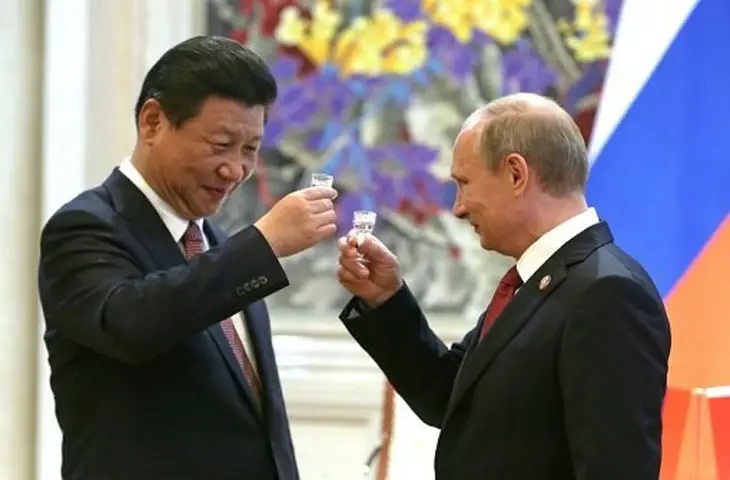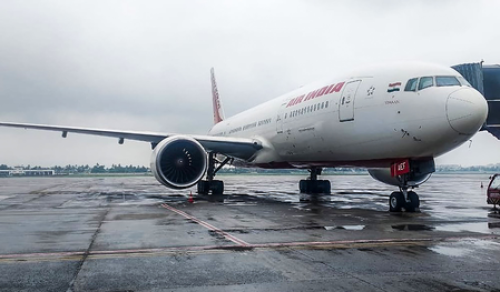MAHUA VENKATESH New Delhi, March 16: China's lifting of restrictions related to wheat imports from Moscow just ahead of Russia's invasion of Ukraine could help boost its food security. The stringent sanctions imposed by the US and European Union against Russia have only strengthened Beijing's trade relations with Moscow - the world's largest producer of wheat. Amid sanctions, Russia's dependence on China for exports will increase. "With rising uncertainties related to Russia's wheat supplies to Europe, it is becoming clear that Moscow will now depend a lot more on China for exports and that includes food items such as wheat," an analyst told India Narrative. A CNN report too echoed the same. "It helps Beijing secure food supplies at a time when global food prices are already near 10-year highs, the report said. In 2021 China's wheat imports increased by 16.6 per cent year on year to touch 9.77 million metric tonnes. In 2020-21 (July-June) China accounted for an estimated 19 per cent of the world's wheat consumption. That's more than the European Union's 15-per cent share, and far ahead of the 4 per cent US share according to the US Department of Agriculture (USDA). In a turbulent post-coronavirus world, ensuring food security has become a crucial political priority for Beijing's new development strategy, which relies more on the domestic market and its consumers to resist external uncertainties. China's National Development and Reform Commission in December said the government's focus in 2022 would be on the security and stability of energy, food and supply chain. Beijing, which has 1.4 billion mouths to feed, has repeatedly said that the country's national security is linked to its food security. According to the World Economic Forum, China ranked 34th out of 113 countries in the 2021 Global Food Security Index, published in September, which measures food affordability, availability, quality and safety, and natural resources and resilience. China's arable land has been shrinking. Besides, severe weather conditions leading to floods in many parts of the country led to serious concerns over food security. "At this critical time, Russia's wheat supply could hugely help China," the analyst added. Though largely a rice eating country, China's demand for wheat too has increased in the last few years. Wheat flour is required for staple food items such as noodles, breads, dumplings. The USDA noted that European-style breads and pastries, hamburger buns, and snack foods have also become popular all over the country. (The content is being carried under an arrangement with indianarrative.com) --indianarrative
China banks on Russia for its food security amid Ukraine conflict
- by Rinku
- March 16, 2022 2 minutes

China banks on Russia for its food security amid Ukraine conflict.(photo:IN)











